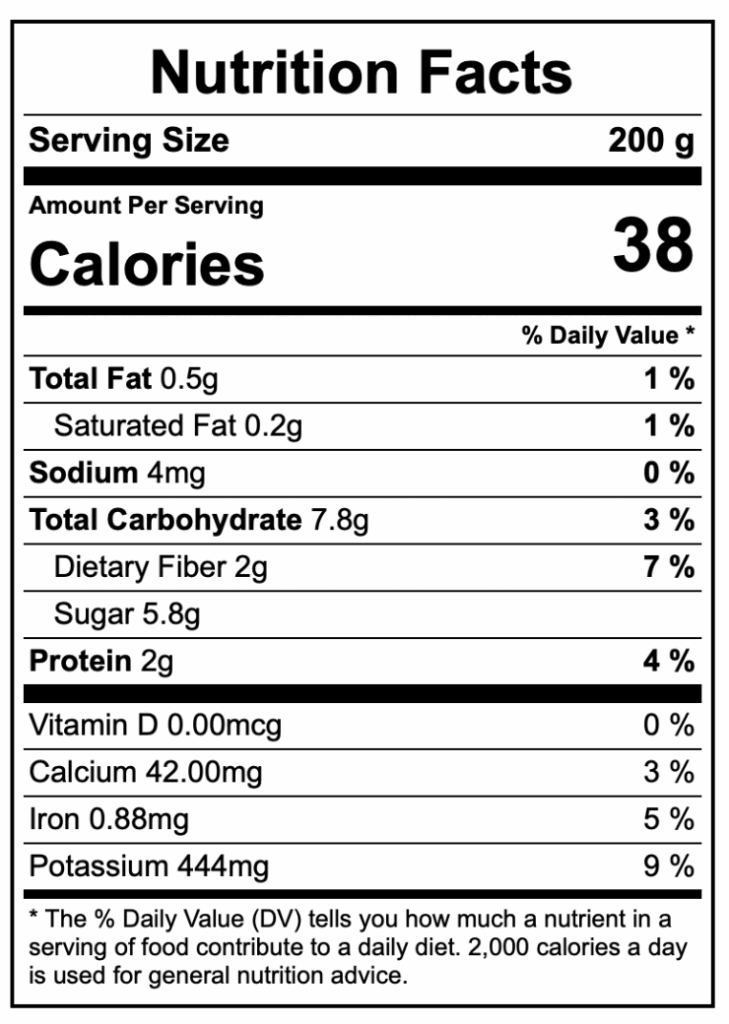Squash is a nutrient-dense vegetable that is packed with vitamins and minerals essential for overall health. It is rich in vitamin A, vitamin C, vitamin B6, folate, magnesium, potassium, and fiber. Vitamin A is important for maintaining healthy vision, while vitamin C helps boost the immune system. Potassium helps regulate blood pressure and magnesium supports muscle and nerve function.
Squash is a low-calorie food, making it an excellent choice for those looking to maintain a healthy weight. It is also high in fiber, which can aid in digestion and help you feel full longer. The fiber content in squash can also help regulate blood sugar levels, making it a good option for those with diabetes or looking to prevent the disease.
Squash Nutritional Information
How to Incorporate Squash into Your Diet
Roasted Squash
One popular way to enjoy squash is by roasting it in the oven. Simply cut the squash into cubes, toss with olive oil, salt, and pepper, and roast at 400°F for about 30 minutes or until tender. You can also add herbs and spices like thyme, rosemary, or paprika for added flavor.
Squash Soup
Another delicious way to incorporate squash into your diet is by making squash soup. Simply sauté onions and garlic in a pot, add cubed squash, vegetable broth, and your choice of seasonings, and simmer until the squash is soft. Blend the mixture until smooth and enjoy a warm and comforting bowl of squash soup.
